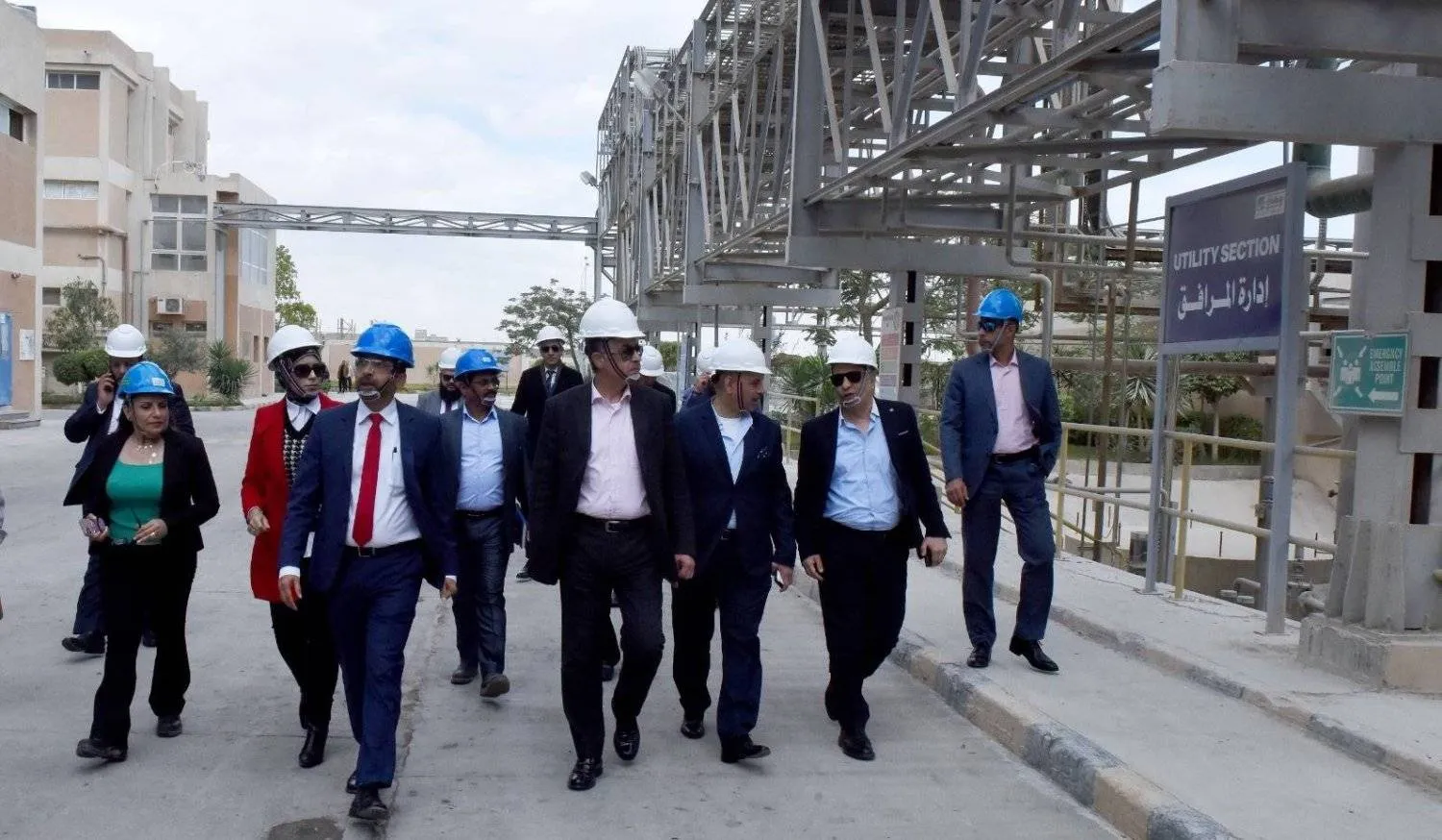The Egyptian economy was capable of achieving positive indexes, topped by attaining the industrial product of a total EGP1.2 trillion in 2022/2023, announced Minister of Trade and Industry Ahmed Samir.
Samir said in a speech during a press conference in Cairo that despite global crises and their economic repercussions, transformative industries achieved a growth rate of 9.57%.
Samir added that non-petroleum exports increased to $35.631 billion in 2023, and Egyptian imports declined to $73 billion, a decrease of 14% compared to 2022.
He said the balance of trade deficit was down to about $11 billion, as it recorded nearly $37 billion against $48 billion in 2022.
The Minister added that these positive indicators are due to global demand stability for Egyptian products in various productive sectors, the preservation of export markets, and the opening of new markets.
The high competitiveness of Egyptian products in foreign markets and the measures taken by the government to encourage manufacturers also increased the positive indicators.
The Minister stressed keenness on achieving the state's goals to increase exports to various global markets and to reach $100 billion annually by developing Egyptian products, increasing their value, and opening new markets.
Meanwhile, the CEO of the General Authority for Investment and Free Zones (GAFI), Hossam Heiba, discussed establishing a new investment zone for small industries feeding the economic zone in the Suez Canal region.
Heiba toured public free zones in the Suez Governorate to follow up on the companies operating there.
At the beginning of the tour, the CEO discussed the mechanisms for establishing the investment zone, especially in small industries.
The Suez Governorate includes three public free zones in Port Tawfiq, al-Adabiah, and Ataka, given the governorate's geographical location as a southern gateway to the Suez Canal.
GAFI issued a press statement announcing that Heiba inaugurated a new production line for Galaxy Chemicals in Ataka's free zone, at an investment of $5.5 million, which contributes to boosting Egypt's petrochemical exports and increasing foreign exchange returns.
The CEO also toured Beam Consolidated factories for the production of building materials.
Heiba discussed with the CEO of Beam, Felix Moral, the group's expansion plans to develop eco-friendly building materials and increase its share of exports from 30% to 50% of its total production in the upcoming years.
Moral stressed that the Egyptian economy is appealing to investors, which led to the development of the company's size since the beginning of its work in Egypt in 2016.
Beam Consolidated's investments and assets in Egypt currently amount to about EGP2 billion, making it the country's largest producer of gypsum board.
At the end of the tour, GAFI organized a meeting between Heiba and investors in the three free zones in Suez.
The meeting addressed developing work within the free zones and the challenges facing investors.
The head of the Authority reviewed the latest investment stimulating measures, including enabling electronic incorporation of companies and reducing the number of documents needed to establish and operate companies.
He also emphasized the government's openness to the business community's proposals to develop legislation and procedures related to the investment environment.









